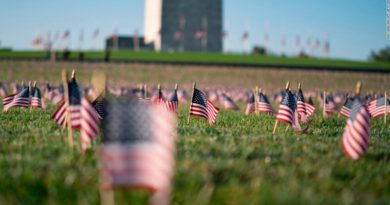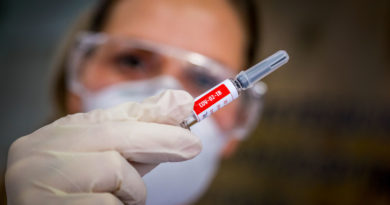Community driven: Native-led organizations create COVID-19 resource map
NEW MEXICO (KRQE) – It all started with a Facebook post. That’s what Roanhorse Consulting Director Olivia Roanhorse said about their project New Mexico Native-Led Organizations, a resource map for New Mexico Native American communities who have been affected by COVID-19.
Roanhorse Consulting is an indigenous women-led think tank in Albuquerque. Roanhorse said she came across numerous social media posts where people wanted to support Indigenous communities but didn’t know where to look. “What I recognized is a lot of the existing Native-led nonprofits and grassroots organizations really pivoted their work to serve their communities, but they weren’t getting as much public acknowledgment,” Roanhorse said.
According to the New Mexico Department of Health, Native Americans account for 57% of the state of NM’s cases – despite only being 11% of the population – and have infection rates 14 times that of the rest of the population. When the pandemic hit the United States, Roanhorse said Native communities immediately began looking for ways to support their community members.
When Roanhorse started putting together lists of Native-serving resources, she wondered if there was a map of existing Native-led organizations providing resources for Native communities during the pandemic and found out there wasn’t. She and her team decided to make something sharable and easy to access for funders who were looking to support these already existing organizations.
One of the many organizations Roanhorse collaborated with is Indigenous Women Rising who focuses on providing reproductive health support to Indigenous women. Nichole Martin, an organizer for the group, said collaborations like these are necessary in order to broaden their reach. “Oftentimes, a lot of the passions of the Native-led organizations overlap while our audiences are very different. Some organizations out there are similar to us in some ways, but might have different resources,” Martin said.
While Indigenous communities are still struggling with the effects of COVID-19, Martin said it was also important to note how they have responded to this situation. “The pandemic has really shown where our tribal, state, and federal governments lack, but it really uplifted the power that people have when they come together collectively as a community to support one another,” Martin said.
At the beginning of the project, Roanhorse worked on this project pro-bono until they were able to find support from local organizations. Now, they’re working to expand the map and turn it into space where native communities can share what they need and how organizations and investors can support them. “They know their community, they identified their challenges and where their infrastructure issues were. Now they want to know how to take that information and build on existing health councils or legislation so they’re not in exactly the same place another emergency disaster hits,” Roanhorse said.




